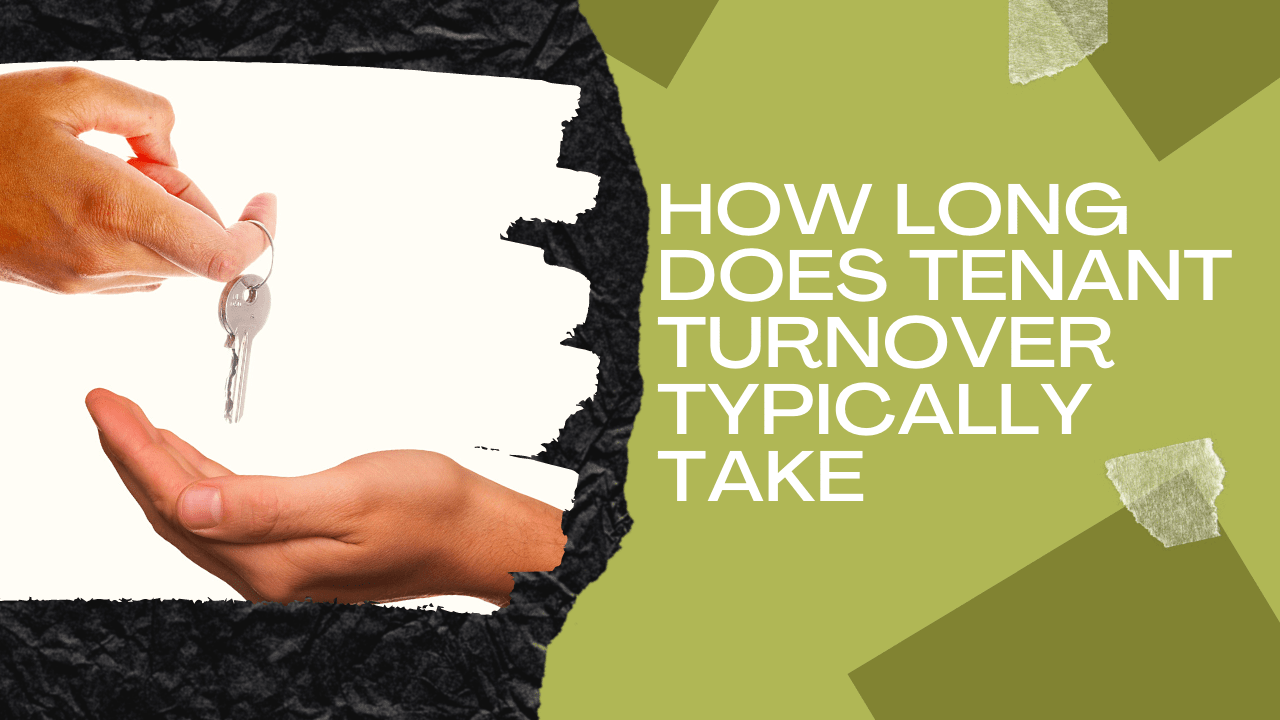The amount of time you’ll spend turning a rental property over between tenants will depend on the tenant who is leaving and the condition in which the property was left. Some turnovers are complete in two days. Others could take two months.
Turnovers can be expensive, so you’ll need a strategy
to minimize the duration of the vacancy. During the days that the property is unoccupied, you’ll want to ensure it’s in excellent condition for new tenants.
There are a few important things to consider when you’re putting together a timeline for the turnover period on your
Boca Raton rental property.
Start the Move-Out Process Early in the Lease Term
An efficient tenant turnover period actually begins when your tenant moves in. There are important steps you can take well in advance of the lease term’s end date.
Think about inspections. You’ll conduct an initial move-in inspection when the tenant signs the lease and prepares to take possession. This is an agreement on the condition of the property and when the tenant moves out, having this inspection report handy will allow you to conduct the move-out inspection faster, and prepare the documentation necessary for the return of the security deposit in part or in full.
You’ll also want to be sure your
lease agreement establishes the notice period a tenant must provide before moving out. Most leases have a notice period of 30, 45, or 60 days. You’ll probably enjoy a shorter turnover time when you have a longer notice period because this gives you extra days and weeks to prepare for your current tenant’s departure and plan for your incoming tenant’s arrival.
Schedule Vendors and Contractors
Turnover time will also depend on how quickly you can repair the clean the property.
Plan on a few days to take care of things like painting, carpet cleaning, landscaping, and minor repairs for wear and tear items throughout the property. You may want to spend a few days making upgrades or updates that have the potential to increase what you earn in rent. If your property is going to need larger and more extensive repairs, your turnover period will be a bit longer.
Have a list of qualified vendors who will be ready to do the necessary work as soon as your tenant moves out. This will allow you to market the home faster and find a new tenant without losing a lot of rent on vacancy.
Strategic Marketing during Turnovers















